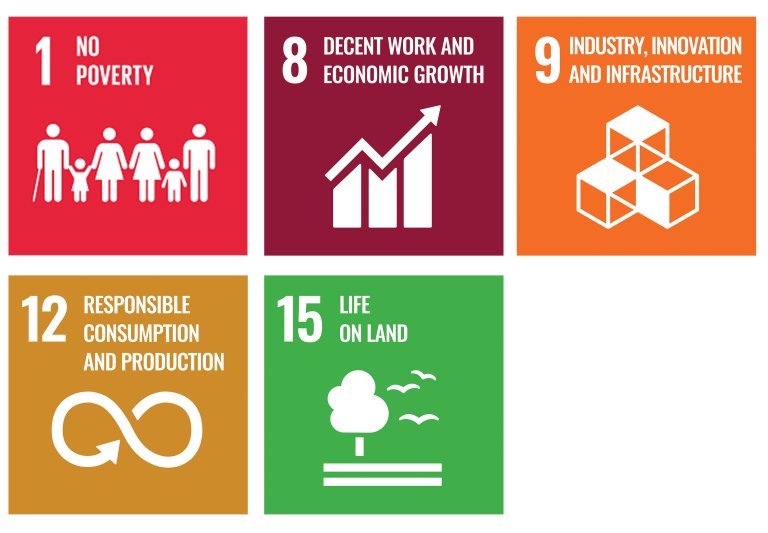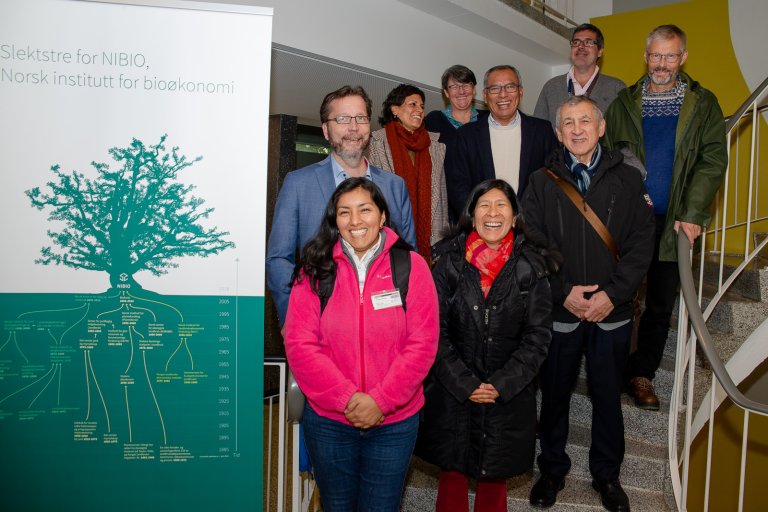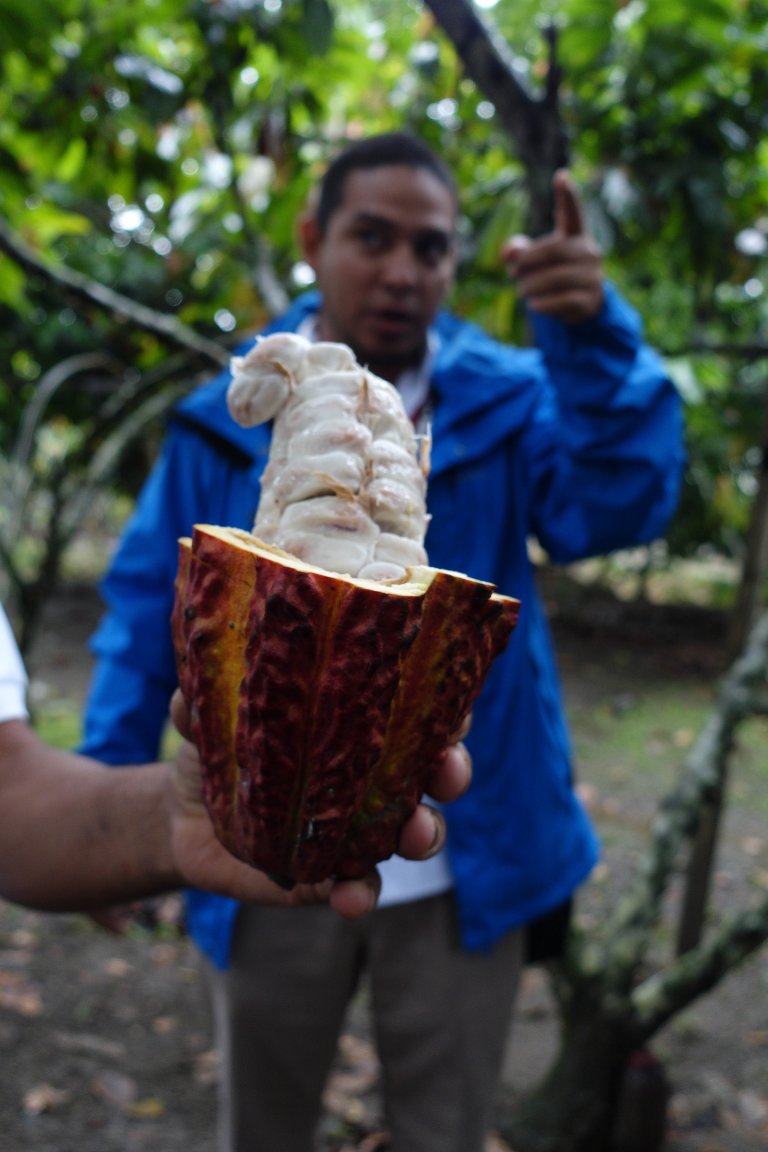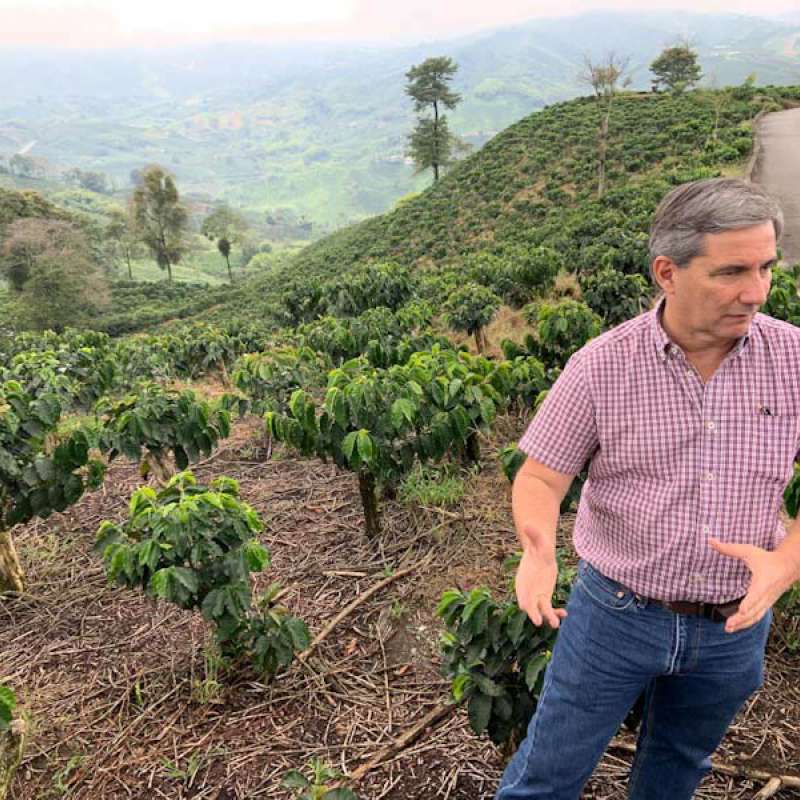
NIBIO's international activities in Latin America and the Caribbean
NIBIO currently has one project running in Colombia. We also have initiatives with institutions in Brazil, Costa Rica and Peru.
Focus areas:
-
Small scale farmers and value chain
-
Integrated Pest Management
-
Forests and REDD+
NIBIO networks and collaborating partners
Colombia
In Colombia the goal is to improve livelihoods for small scale coffee farmers through innovations in the coffee value chain. Nearly 1100 coffee farmers will be able to produce more and better coffee with the assistance of agronomy experts from YARA and ECOM CCA, and have guaranteed markets to sell their product. The Colombian National Extension Service, The Universities of Manizales and Tolima, and NIBIO are resource partners in the project, which is funded by a joint effort between Norad and the private partners.
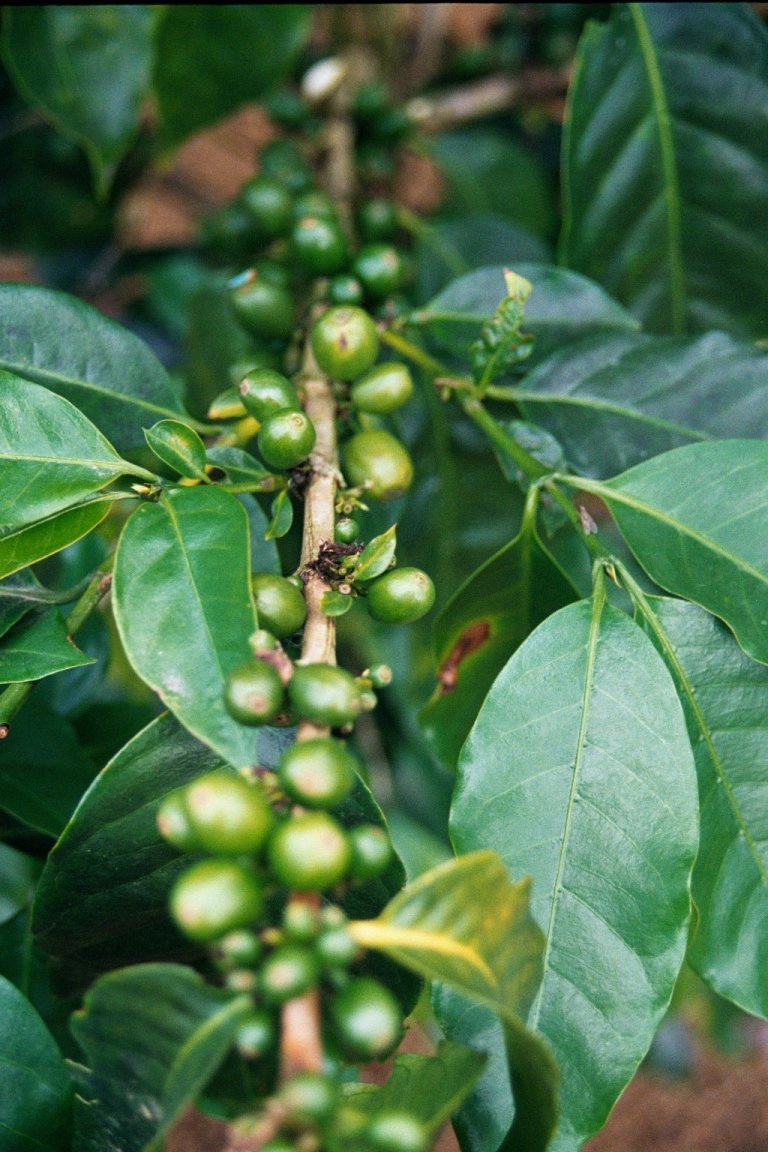
Brazil
ESALQ University of São Paulo (USP-ESALQ) was one of our partners in the EU-funded project SMARTCROP which ended in 2019. The aim was to find innovative tools, approaches and policy instruments to increase adoption of Integrated Pest Management strategies for a sustainable and financially viable food production. NIBIO has an MOU with USP-ESALQ and new projects are expected to emerge in the future.
Peru
For several years we have been working with our MoU-partners to establish research projects in Peru. One of our ambitions is to decrease deforestation through sustainable agricultural practices, market access and job creation. One example is the initiative which has taken three years to develop but is near ready for submission to the Norwegian government: Enhancement of Production-Protection Approach in Cacao and Coffee Value Chains, which is a collaboration between NIBIO and four Peruvian partners.

In 2019 NIBIO received visitors from Instituto Tecnológico de la Producción (ITP). Under ITP there is a national network of Centres for Productive Innovation and Technology Transfer (CITE), contributing to making value of research results for SMEs in Peru. ITP are particularly interested in NIBIO’s competence and solutions in administrative tools within forest monitoring, forest health and forest preservation. The intention is for NIBIO and ITP to sign an MoU, and to investigate concrete project opportunities in 2020.
Project history
NIBIO has been present in the region since 2001 and former projects include:
| 2004-2005 | Consultoría para la Formulación del Plan de Manejo Integrado y Programa de Acción Regional para el Parque Trinacional Montecristo. Funded by the Inter-American Development Bank. Honduras, El Salvador, Guatemala; |
| 2004 | Developing a user manual and pest management plan for the pine forests of Honduras. Funded by the Inter-American Development Bank. Honduras; |
| 2003 | Manejo de Insectos Forestales para un Manejo Sostenible del Bosque”. Funded by USAid, Norwegian Agency for Development Cooperation and Inter-American Development Bank. Guatemala; |
| 2001-2002 | Developing a forest and pest management plan for Mountain Pine Ridge. Funded by the Norwegian Agency for Development Cooperation and Inter-American Development Bank. Belize; |

